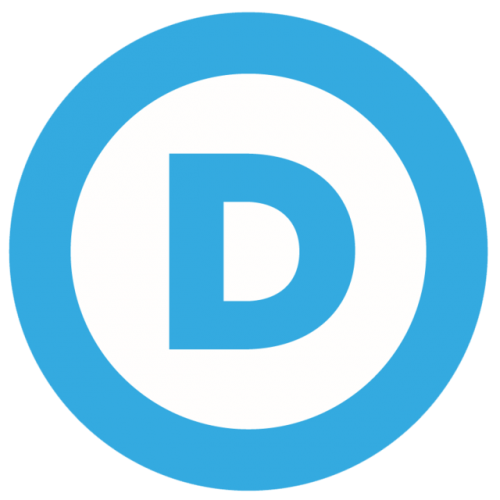What crazy political times we live in. Even the pundits can’t keep up. In 2016, after virtually every poll favored his opponent by a few points, we elected the underdog. The TV newscasters were stunned and speechless. How could the pollsters have gotten it so wrong? Was their sample size not representative enough of the population or did people just change their minds at the last minute? Many of those who analyze political trends for a living are still scratching their heads.
How Polls Work
There are a lot of factors that go into polling. Here are some key points to consider about polls.
- Polls are just a snapshot in time. Believe it or not, people can change their minds about who they decide to vote for. When they are polled, they may say they are voting for candidate A, and they may believe it at that point. Then, at the last minute, they may see some negative advertising or hear their friends say something unfavorable about that candidate, and decide to vote for candidate B instead.
- People have been known to lie to pollsters. They may, for whatever reason, be embarrassed about voting for a particular person, so they tell the pollster what they think they want to hear, even though a reputable pollster would never be endorsing a particular candidate during a survey.
- Truly random selection is difficult to pull off. There are some pretty elaborate formulas out there about finding an accurate representation of the population, but at the end of the day, it still isn’t an exact science. Also, respondents may be in a bad mood when called, or they may think a salesperson is trying to sell them something, so their goal may be to just get that person off the phone rather than taking the time to answer carefully.
- Trying to get the opinions of a subset of the population can also backfire. Pundits sometimes like to categorize specific groups as voting a certain way, but that is rarely an accurate measure.
- Polls can be worded in such a manner that the respondent is confused and isn’t sure how to answer the question. If the questions are too complex, the answers may not be accurate.</li>
What Happened in the 2016 Presidential Election
According to some political analysts, the main reason the pundits got the race wrong in 2016 wasn’t actually that the polling was suspect, but rather that the data wasn’t interpreted accurately by the pundits.
In every poll, there is a margin of error built into the system to take into account some of those issues we talked about already. In 2016, if Clinton was ahead in a specific state by 2 points or 3 points, the pundits sometimes “put it in the Clinton column” in the weeks before the election. With the margin of error, she still could have lost the state, and in many instances, she did just that.
Part of the problem, too, is that each network wants to be first to declare a winner in each state. Of course, after the fiasco in 2000, network analysts are much more careful about declaring a winner, but it’s still a temptation for them to jump the gun.
Who Will Win the Democratic Primary Race in 2020?
So, what will happen this year? The general election is still months away. So much can happen between now and November, that nobody can accurately predict a winner in that race, but the Democratic primary race is beginning to heat up.
Just a mere 4 weeks ago, Joe Biden looked all but dead in the race. His showing in both Iowa and New Hampshire were dismal. Bernie Sanders emerged as the clear candidate to beat after the first three states cast votes. Right before Super Tuesday, however, Pete Buttigieg and Amy Klobuchar dropped out of the race and, along with Beto O’Rourke, endorsed Joe Biden. It also didn’t hurt that longtime Congressman James Clyburn of South Carolina endorsed Joe right before the primary in his state. Just like that, the pendulum has swung back in Joe’s favor. He picked up several key states, including many in the south, and has now risen to the top.
The political odds straight from Vegas are currently showing Biden with a hefty lead over Sanders, with Joe at -800 odds and Bernie at +650 odds. The race is far from over, but right now the momentum is in Biden’s favor. If you want to get in on betting on the Democratic nominee, make sure you place your bet online with sportsbooks outside of the United States that are regulated and legally licensed.
It’s difficult to predict who will come out on top in the Democratic primary race. With several key states voting in the next couple of weeks, the decision might become clear soon enough. Stay tuned, though, because we could still have a contested convention this summer.
Jeremy Biberdorf
modestmoney.com
*****
From time to time, GraniteGrok accepts content from third parties (posts, or additional links after initial publication) from which we may or may not receive compensation.
